Five Eyes ambassadors hold emergency meeting, express concerns over diplomatic vacuum
입력 2024.12.12 (04:30)
읽어주기 기능은 크롬기반의
브라우저에서만 사용하실 수 있습니다.
[Anchor]
The diplomatic vacuum is also widening due to the martial law situation.
Irregularities are being detected in the solid South Korea-U.S. alliance and joint defense posture.
It has been reported that ambassadors from five Western countries, including the United States, expressed concerns over South Korea's diplomatic vacuum.
Reporter Kim Kyung-jin has the story.
[Report]
On December 6, it was reported that the ambassadors of the United States, the United Kingdom, Canada, Australia, and New Zealand gathered at the British Embassy in Seoul.
These are the countries that are part of the U.S.-led intelligence-sharing alliance known as 'Five Eyes'.
Discussions regarding the martial law were held at this meeting, and concerns about the APEC summit in Gyeongju next November were also raised.
There were claims that these countries decided not to participate in APEC.
[Kim Jun-hyung/Member of the National Assembly Foreign Affairs and Unification Committee/The Rebuilding Korea Party: "They have decided to boycott the hosting of all international summits, including the Gyeongju APEC, if Yoon Suk Yeol remains president."]
The British Embassy in Seoul refuted this as an "inaccurate claim," and the Australian Embassy in Seoul emphasized its support for the Gyeongju APEC.
The Ministry of Foreign Affairs also explained that preparations for APEC are proceeding without any setbacks.
However, there is a prevailing outlook that if President Yoon continues to hold decision-making power over foreign policy, preparations for APEC will inevitably face difficulties.
[Cho Tae-yul/Minister of Foreign Affairs: "The president currently holds both military command authority and diplomatic powers."]
Concerns over the 'diplomatic vacuum' are becoming a reality.
U.S. Ambassador Philip Goldberg, who was not informed of the martial law in advance, reportedly called Minister Cho Tae-yul on the night of December 3 to assess the situation, but was unable to reach him and expressed frustration to his home country.
[Cho Tae-yul/Minister of Foreign Affairs: "The situation is evolving very rapidly, and I did not want to mislead the U.S. with incorrect assessments of the situation."]
Since then, the U.S. has maintained a critical stance, asserting that President Yoon made a "serious misjudgment."
In particular, the U.S., which must conduct joint operations with South Korea in case of provocations from North Korea, has doubts about President Yoon's exercise of military command, which is adversely affecting not only the South Korea-U.S. alliance but also the South Korea-U.S. joint defense posture.
This is KBS News, Kim Kyung-jin.
The diplomatic vacuum is also widening due to the martial law situation.
Irregularities are being detected in the solid South Korea-U.S. alliance and joint defense posture.
It has been reported that ambassadors from five Western countries, including the United States, expressed concerns over South Korea's diplomatic vacuum.
Reporter Kim Kyung-jin has the story.
[Report]
On December 6, it was reported that the ambassadors of the United States, the United Kingdom, Canada, Australia, and New Zealand gathered at the British Embassy in Seoul.
These are the countries that are part of the U.S.-led intelligence-sharing alliance known as 'Five Eyes'.
Discussions regarding the martial law were held at this meeting, and concerns about the APEC summit in Gyeongju next November were also raised.
There were claims that these countries decided not to participate in APEC.
[Kim Jun-hyung/Member of the National Assembly Foreign Affairs and Unification Committee/The Rebuilding Korea Party: "They have decided to boycott the hosting of all international summits, including the Gyeongju APEC, if Yoon Suk Yeol remains president."]
The British Embassy in Seoul refuted this as an "inaccurate claim," and the Australian Embassy in Seoul emphasized its support for the Gyeongju APEC.
The Ministry of Foreign Affairs also explained that preparations for APEC are proceeding without any setbacks.
However, there is a prevailing outlook that if President Yoon continues to hold decision-making power over foreign policy, preparations for APEC will inevitably face difficulties.
[Cho Tae-yul/Minister of Foreign Affairs: "The president currently holds both military command authority and diplomatic powers."]
Concerns over the 'diplomatic vacuum' are becoming a reality.
U.S. Ambassador Philip Goldberg, who was not informed of the martial law in advance, reportedly called Minister Cho Tae-yul on the night of December 3 to assess the situation, but was unable to reach him and expressed frustration to his home country.
[Cho Tae-yul/Minister of Foreign Affairs: "The situation is evolving very rapidly, and I did not want to mislead the U.S. with incorrect assessments of the situation."]
Since then, the U.S. has maintained a critical stance, asserting that President Yoon made a "serious misjudgment."
In particular, the U.S., which must conduct joint operations with South Korea in case of provocations from North Korea, has doubts about President Yoon's exercise of military command, which is adversely affecting not only the South Korea-U.S. alliance but also the South Korea-U.S. joint defense posture.
This is KBS News, Kim Kyung-jin.
■ 제보하기
▷ 카카오톡 : 'KBS제보' 검색, 채널 추가
▷ 전화 : 02-781-1234, 4444
▷ 이메일 : kbs1234@kbs.co.kr
▷ 유튜브, 네이버, 카카오에서도 KBS뉴스를 구독해주세요!
- Five Eyes ambassadors hold emergency meeting, express concerns over diplomatic vacuum
-
- 입력 2024-12-12 04:30:51
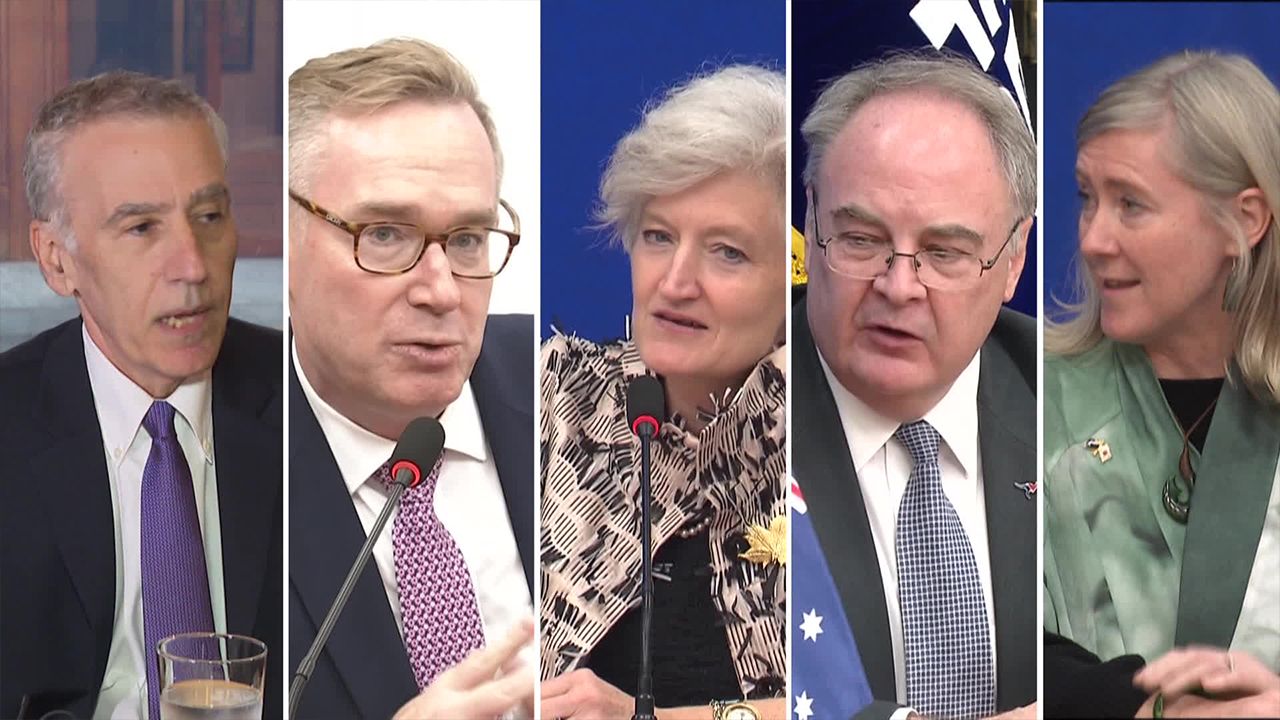
[Anchor]
The diplomatic vacuum is also widening due to the martial law situation.
Irregularities are being detected in the solid South Korea-U.S. alliance and joint defense posture.
It has been reported that ambassadors from five Western countries, including the United States, expressed concerns over South Korea's diplomatic vacuum.
Reporter Kim Kyung-jin has the story.
[Report]
On December 6, it was reported that the ambassadors of the United States, the United Kingdom, Canada, Australia, and New Zealand gathered at the British Embassy in Seoul.
These are the countries that are part of the U.S.-led intelligence-sharing alliance known as 'Five Eyes'.
Discussions regarding the martial law were held at this meeting, and concerns about the APEC summit in Gyeongju next November were also raised.
There were claims that these countries decided not to participate in APEC.
[Kim Jun-hyung/Member of the National Assembly Foreign Affairs and Unification Committee/The Rebuilding Korea Party: "They have decided to boycott the hosting of all international summits, including the Gyeongju APEC, if Yoon Suk Yeol remains president."]
The British Embassy in Seoul refuted this as an "inaccurate claim," and the Australian Embassy in Seoul emphasized its support for the Gyeongju APEC.
The Ministry of Foreign Affairs also explained that preparations for APEC are proceeding without any setbacks.
However, there is a prevailing outlook that if President Yoon continues to hold decision-making power over foreign policy, preparations for APEC will inevitably face difficulties.
[Cho Tae-yul/Minister of Foreign Affairs: "The president currently holds both military command authority and diplomatic powers."]
Concerns over the 'diplomatic vacuum' are becoming a reality.
U.S. Ambassador Philip Goldberg, who was not informed of the martial law in advance, reportedly called Minister Cho Tae-yul on the night of December 3 to assess the situation, but was unable to reach him and expressed frustration to his home country.
[Cho Tae-yul/Minister of Foreign Affairs: "The situation is evolving very rapidly, and I did not want to mislead the U.S. with incorrect assessments of the situation."]
Since then, the U.S. has maintained a critical stance, asserting that President Yoon made a "serious misjudgment."
In particular, the U.S., which must conduct joint operations with South Korea in case of provocations from North Korea, has doubts about President Yoon's exercise of military command, which is adversely affecting not only the South Korea-U.S. alliance but also the South Korea-U.S. joint defense posture.
This is KBS News, Kim Kyung-jin.
The diplomatic vacuum is also widening due to the martial law situation.
Irregularities are being detected in the solid South Korea-U.S. alliance and joint defense posture.
It has been reported that ambassadors from five Western countries, including the United States, expressed concerns over South Korea's diplomatic vacuum.
Reporter Kim Kyung-jin has the story.
[Report]
On December 6, it was reported that the ambassadors of the United States, the United Kingdom, Canada, Australia, and New Zealand gathered at the British Embassy in Seoul.
These are the countries that are part of the U.S.-led intelligence-sharing alliance known as 'Five Eyes'.
Discussions regarding the martial law were held at this meeting, and concerns about the APEC summit in Gyeongju next November were also raised.
There were claims that these countries decided not to participate in APEC.
[Kim Jun-hyung/Member of the National Assembly Foreign Affairs and Unification Committee/The Rebuilding Korea Party: "They have decided to boycott the hosting of all international summits, including the Gyeongju APEC, if Yoon Suk Yeol remains president."]
The British Embassy in Seoul refuted this as an "inaccurate claim," and the Australian Embassy in Seoul emphasized its support for the Gyeongju APEC.
The Ministry of Foreign Affairs also explained that preparations for APEC are proceeding without any setbacks.
However, there is a prevailing outlook that if President Yoon continues to hold decision-making power over foreign policy, preparations for APEC will inevitably face difficulties.
[Cho Tae-yul/Minister of Foreign Affairs: "The president currently holds both military command authority and diplomatic powers."]
Concerns over the 'diplomatic vacuum' are becoming a reality.
U.S. Ambassador Philip Goldberg, who was not informed of the martial law in advance, reportedly called Minister Cho Tae-yul on the night of December 3 to assess the situation, but was unable to reach him and expressed frustration to his home country.
[Cho Tae-yul/Minister of Foreign Affairs: "The situation is evolving very rapidly, and I did not want to mislead the U.S. with incorrect assessments of the situation."]
Since then, the U.S. has maintained a critical stance, asserting that President Yoon made a "serious misjudgment."
In particular, the U.S., which must conduct joint operations with South Korea in case of provocations from North Korea, has doubts about President Yoon's exercise of military command, which is adversely affecting not only the South Korea-U.S. alliance but also the South Korea-U.S. joint defense posture.
This is KBS News, Kim Kyung-jin.
-
-
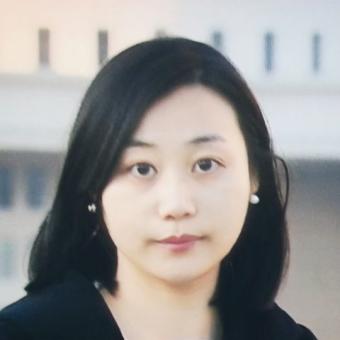
김경진 기자 kjkim@kbs.co.kr
김경진 기자의 기사 모음
-
이 기사가 좋으셨다면
-
좋아요
0
-
응원해요
0
-
후속 원해요
0










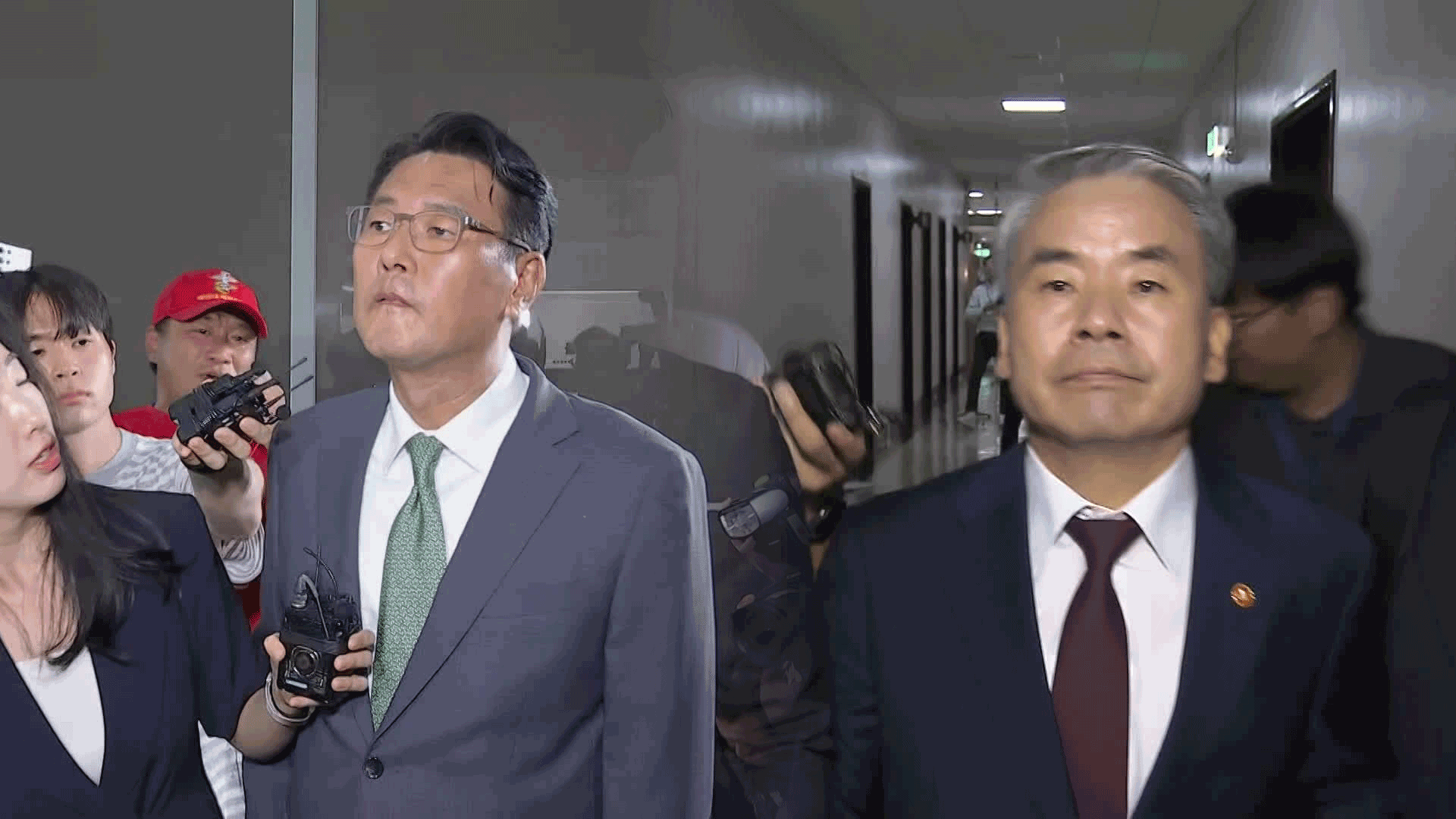
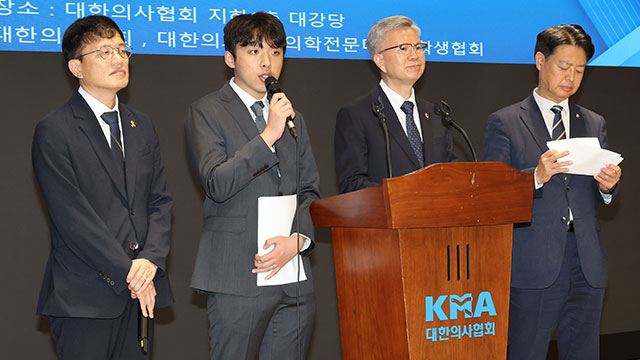

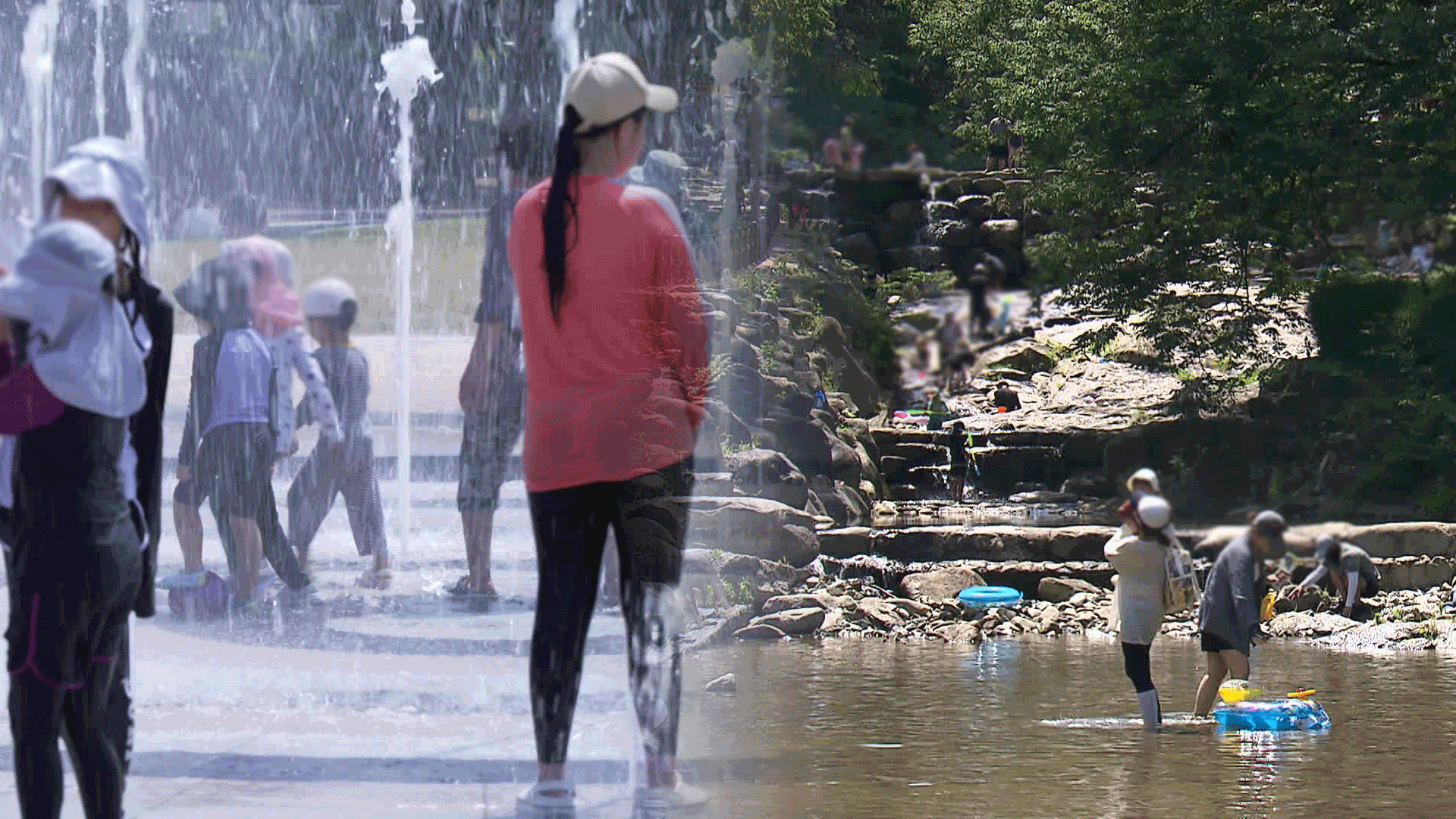

이 기사에 대한 의견을 남겨주세요.